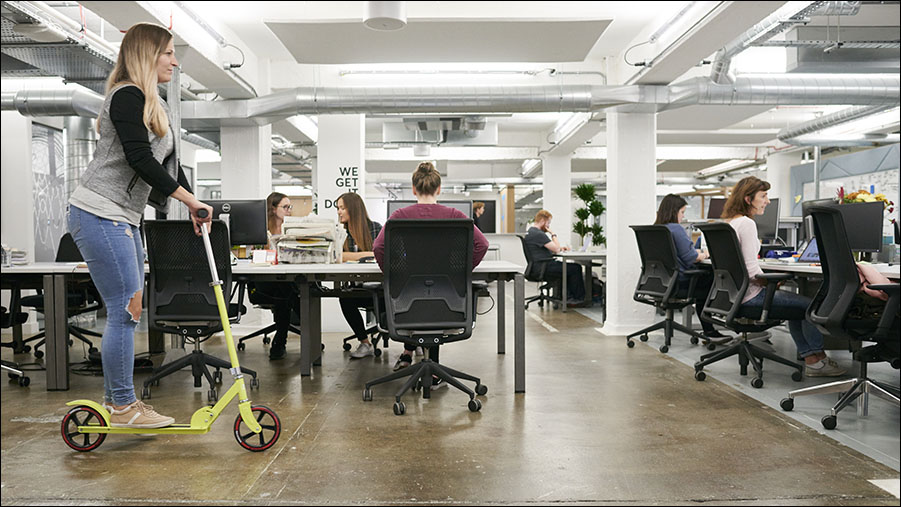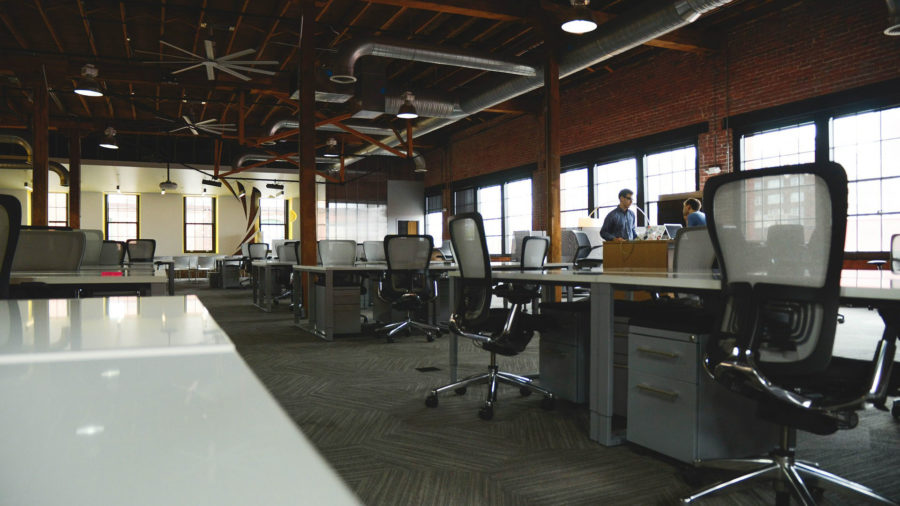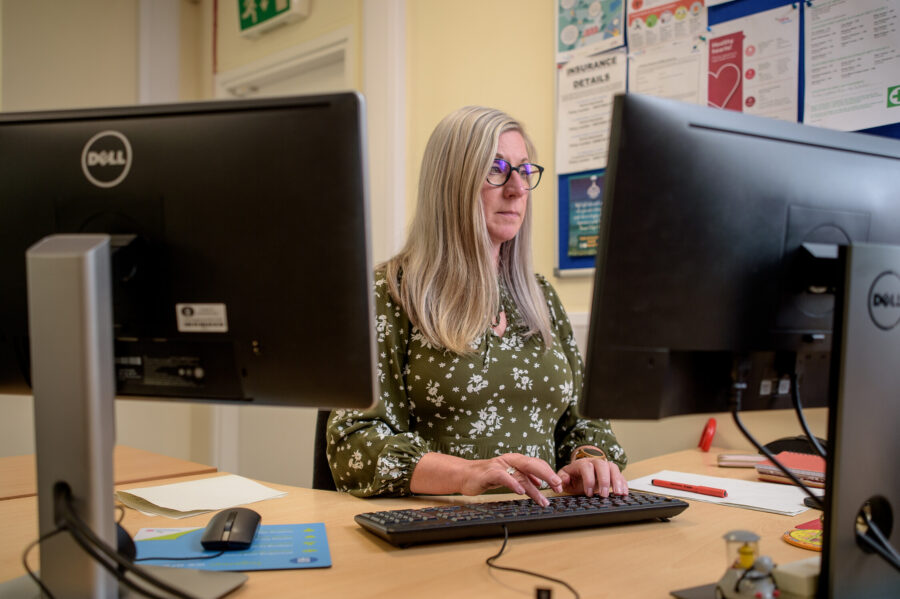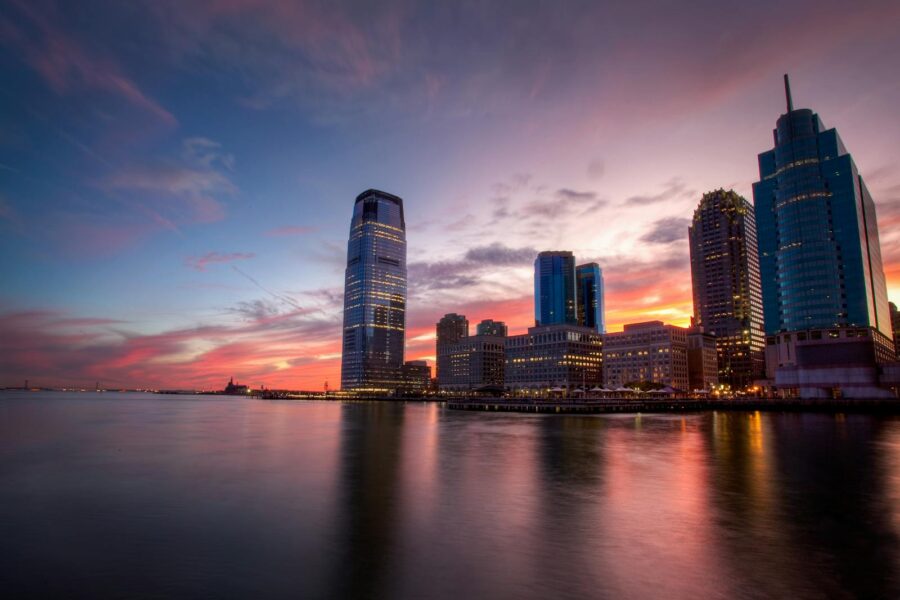In 2015, worldwide management consulting firm McKinsey estimated that the number of knowledge workers around the world would climb 230 million by 2015. Workplace Week London witnesses the new labour market zeitgeist.
Three years on and you will be hard pressed to find an updated guestimate, but Josh Zumbrun, national economics correspondent for The Wall Street Journal, recently reported that,
The number of people in knowledge work jobs has more than doubled in the last 30 years and there’s no sign of it slowing down
Where employees were once paid to produce goods as part of a production line, they are now paid to share their knowledge and ideas. While it is difficult to put a price on ideas, nobody in the business world would doubt their value. As such, the dial is starting to turn from viewing humans as resources to treating employees as consumers, especially when it comes to luring in the next generation of talent.
Rory Murphy, commercial director at Vinci Facilities and board director of the International Facility Management Association (IFMA) UK Chapter says,
The workplace experience is increasingly being identified as a key ingredient of employee engagement and satisfaction,” “Not every workplace needs to be cutting edge or funky but workplaces that aid and support the delivery of people’s roles are key to driving productivity and business objectives.
Workplace Week London 2018 took over the capital last week to shine a light on the organisations that are putting much more thought into how they create an excellent workplace experience. More than twenty organisations, including 10 debutants, opened their doors to the public for the very first time, including some of the world’s biggest banking, travel, technology, media, creative and professional services firms. Andrew Mawson, founder or AWA and creator of Workplace Week, says,
Workplace Week was created in 2011 to showcase how business leaders and their facilities, people services and workplace teams can champion change in order to improve engagement, productivity, wellbeing and business performance. Over the years, the week has explored how organisations are using workplace change as a tool for business transformation by embracing new, modern approaches to work to help people be at their best.
Following 28 ‘working workplace’ tours, the workplace experience encompasses four key areas: health and wellness, collaboration and connectivity, courageous cultures, and diversity and inclusion. In a world where attracting, retaining and getting the most from people is vital to the pursuit of gaining a competitive advantage, the experience employees have in the workplace is a powerful strategic resource. That experience should be something thoughtfully developed and painstakingly designed to align with the business goals and needs of the organisation.







